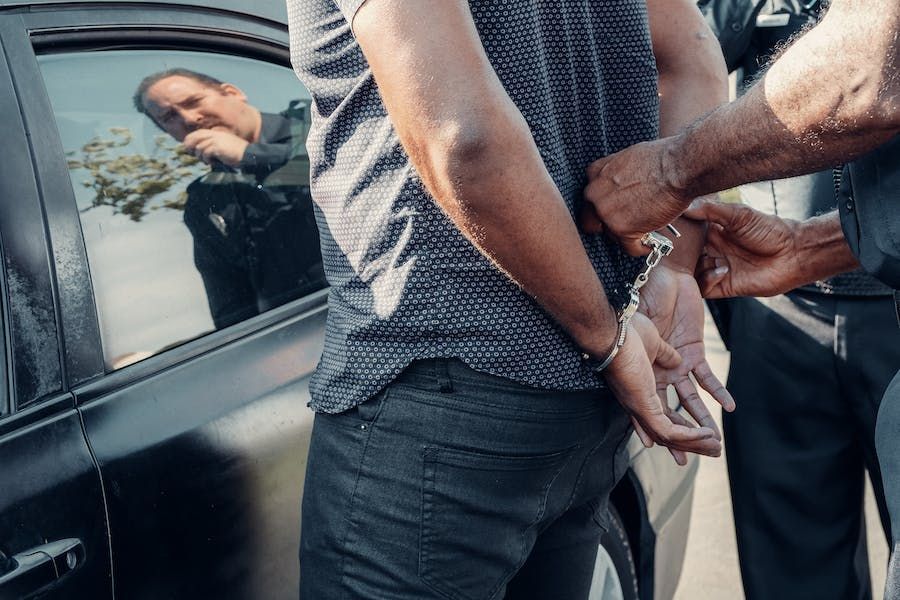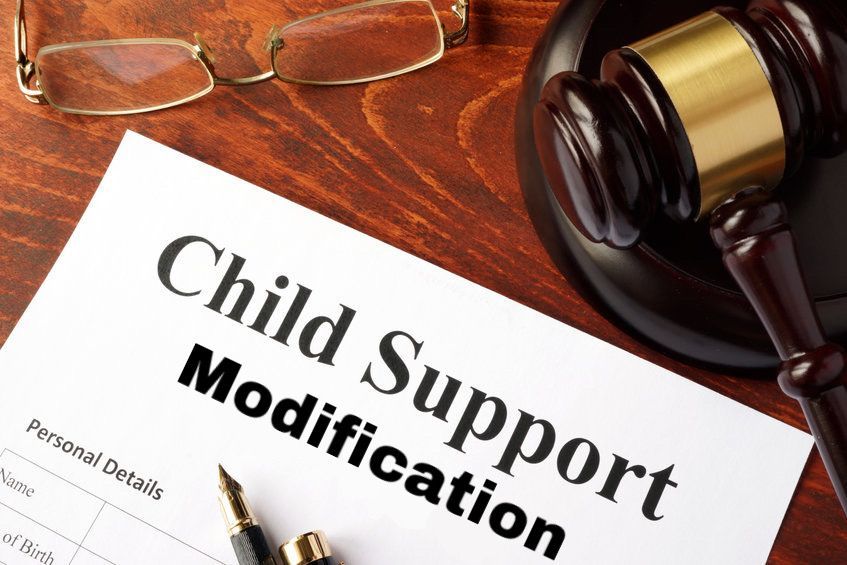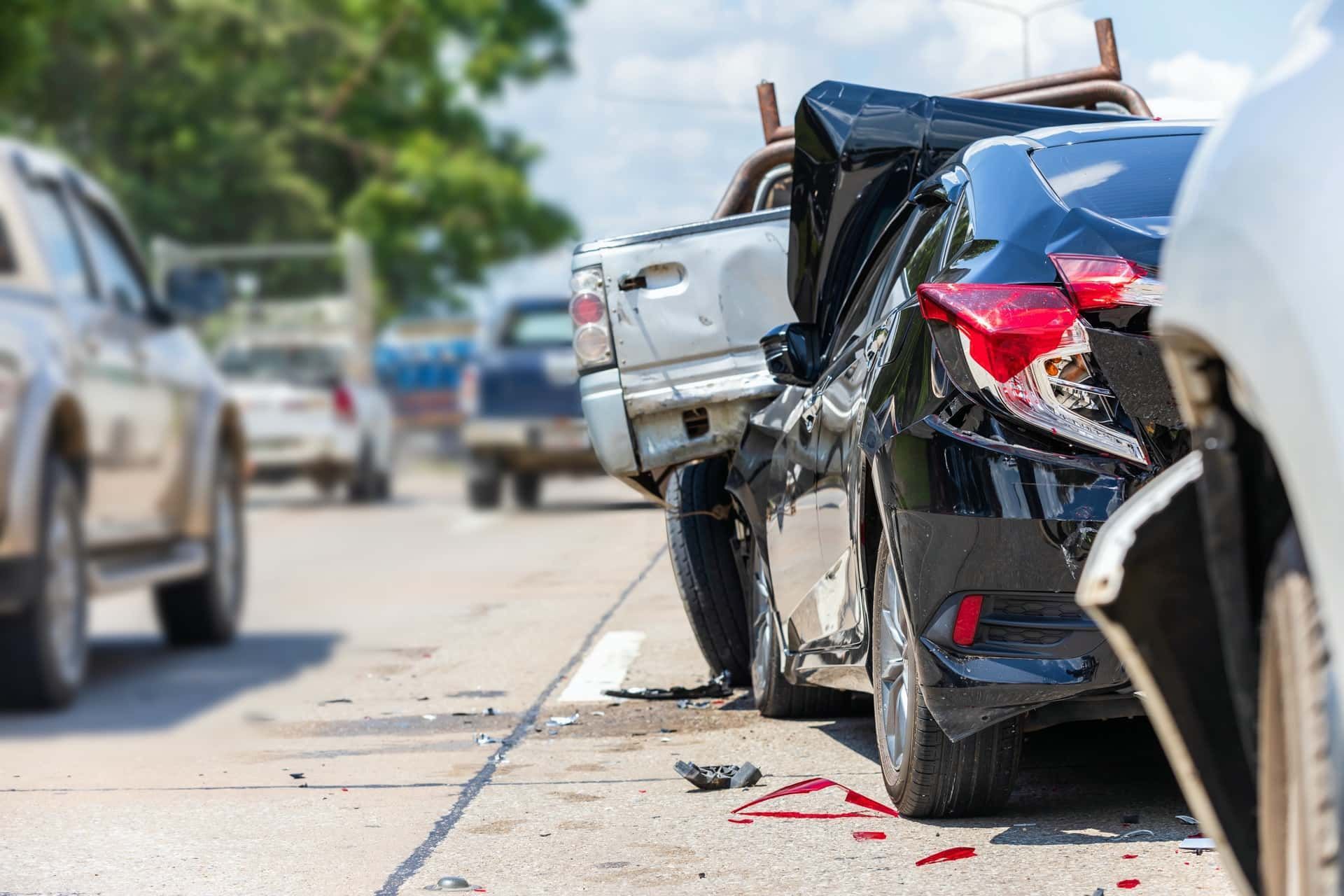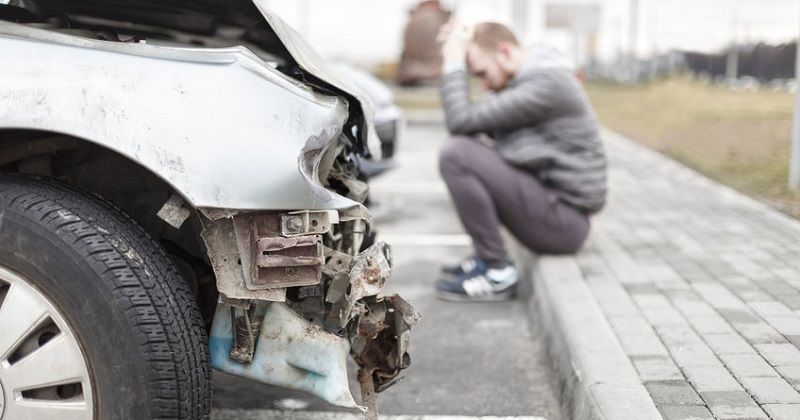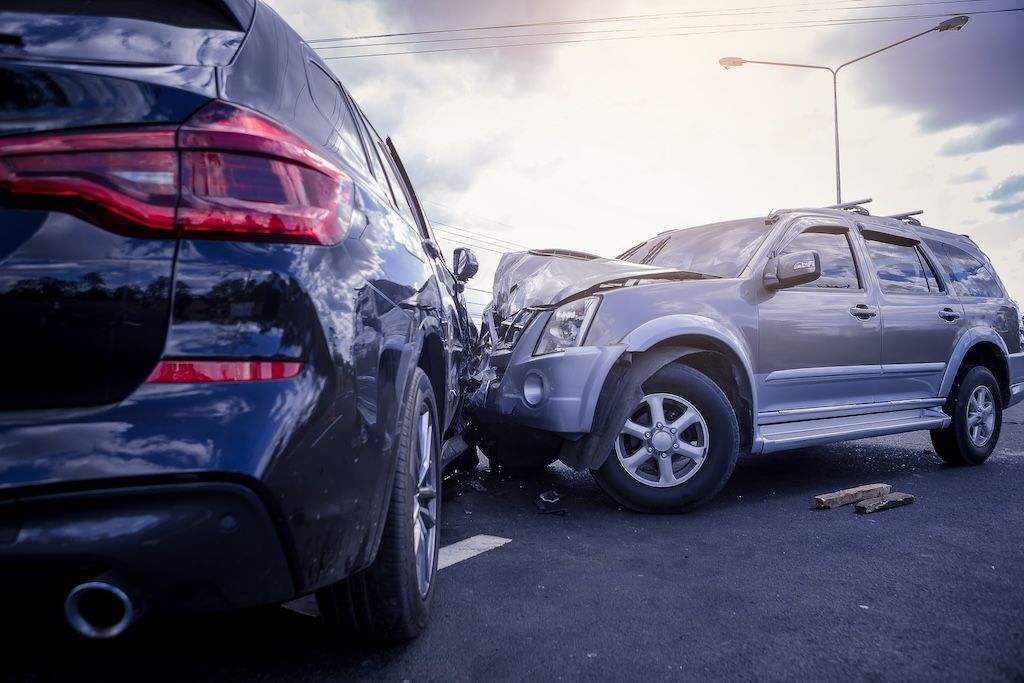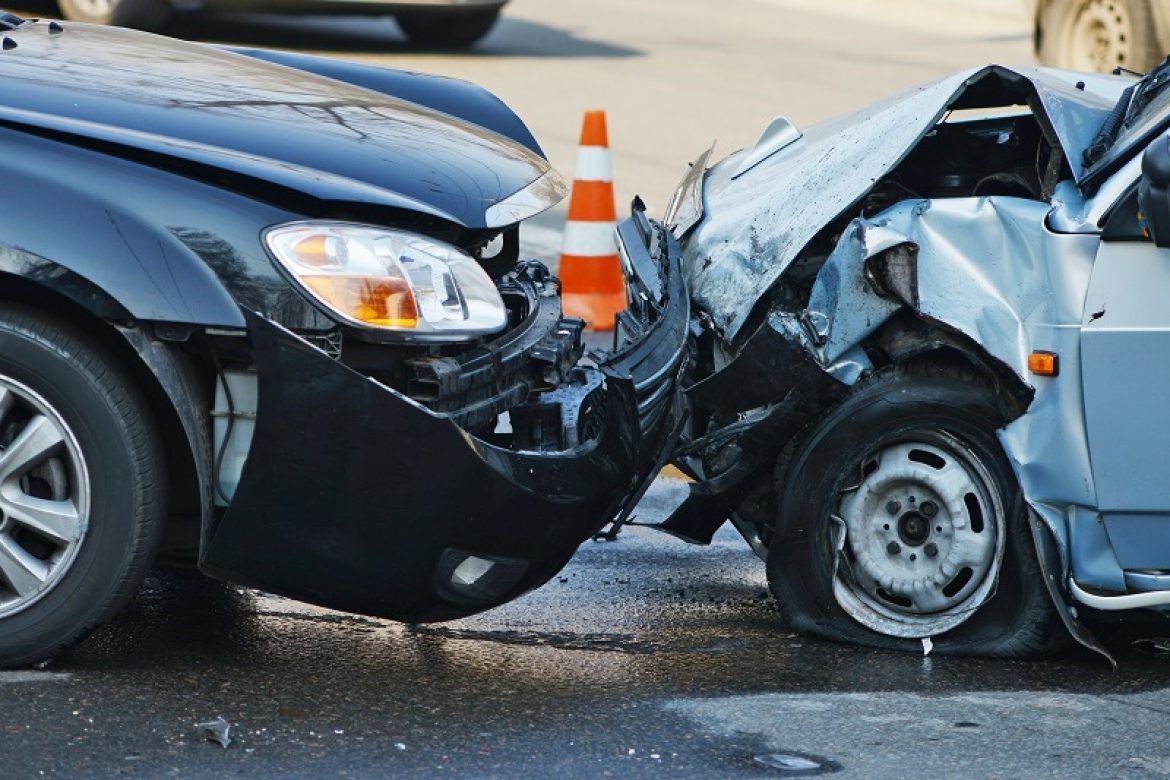Accident Liability in School Parking Lots
You probably won't be surprised to learn that 59 percent of teenagers admit to grooming themselves while driving through school parking lots. You might be surprised, though, to find that parking lots – even school lots – are not governed by traffic laws. If your teenager happens to ding the principal's car while dabbing on some last-minute cologne, the good news is no police officer is going to show up to write him a ticket. That doesn't mean, however, that school parking lots are a Wild West free-for-all. Well, not when it comes to traffic accidents anyway. True, accidents don't normally involve the police, but they are subject to liability laws.
But If there aren't any traffic ordinances, how exactly do insurance adjusters determine fault?
Which Car Was Moving?
First, if one car was sitting still and the other was moving, it's a fairly simple matter to determine who is liable. As long as the stationary car is legally stopped or parked, the moving vehicle is to blame. Since the principal's car was parked, unfortunately, you are probably liable.
Who Had the Right-of-Way?
If both cars are moving, though, the process for determining liability becomes a little trickier. The answer usually comes down to who had the right-of-way, but that isn't always obvious in a parking lot. Again, there are no traffic laws to offer guidance.
Most lots are set up in a hierarchy. Narrow lanes take cars to parking spots, and larger thoroughfares connect lanes to the street. Assuming drivers aren't driving recklessly – that they aren't speeding, or going the wrong way down a one-way lane – thoroughfares have right-of-way over drivers coming out of lanes. Lane drivers have right-of-way over cars pulling out of parking spaces. Bottom line: if your teenager is searching for a spot and the football captain decides to pull out without looking, it's the football captain who will probably pay damages.
Rhode Island Liability
Finally, you should also know that Rhode Island uses a “pure comparative negligence” rule to apportion blame as a percentage. This means that if you are even partially at fault for an accident, you may owe the other party some damages, even if they may owe you more. Have a teenager who was involved in a school parking lot accident? To find out more about liability issues, contact Inman and Tourgee online or call (401) 823-9200.
